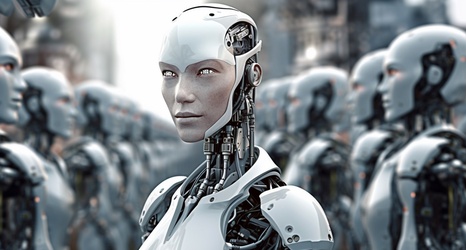The world is facing a growing food crisis. With the global population expected to reach 9.7 billion by 2050, the demand for food is set to increase by 70%. However, the availability of arable land is decreasing, and climate change is causing more frequent and severe weather events, such as droughts and floods, which can devastate crops. This is why the role of artificial intelligence (AI) in predicting and mitigating food shortages is becoming increasingly important.
AI can be used to analyze vast amounts of data, such as weather patterns, soil quality, and crop yields, to predict where and when food shortages are likely to occur.
